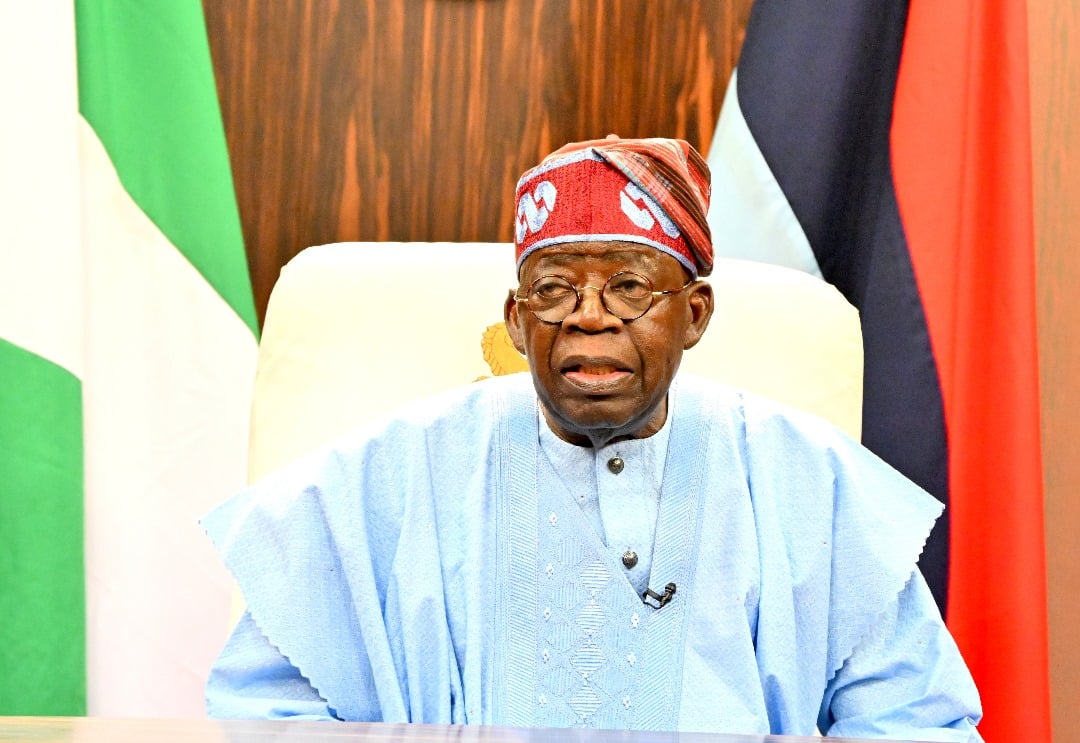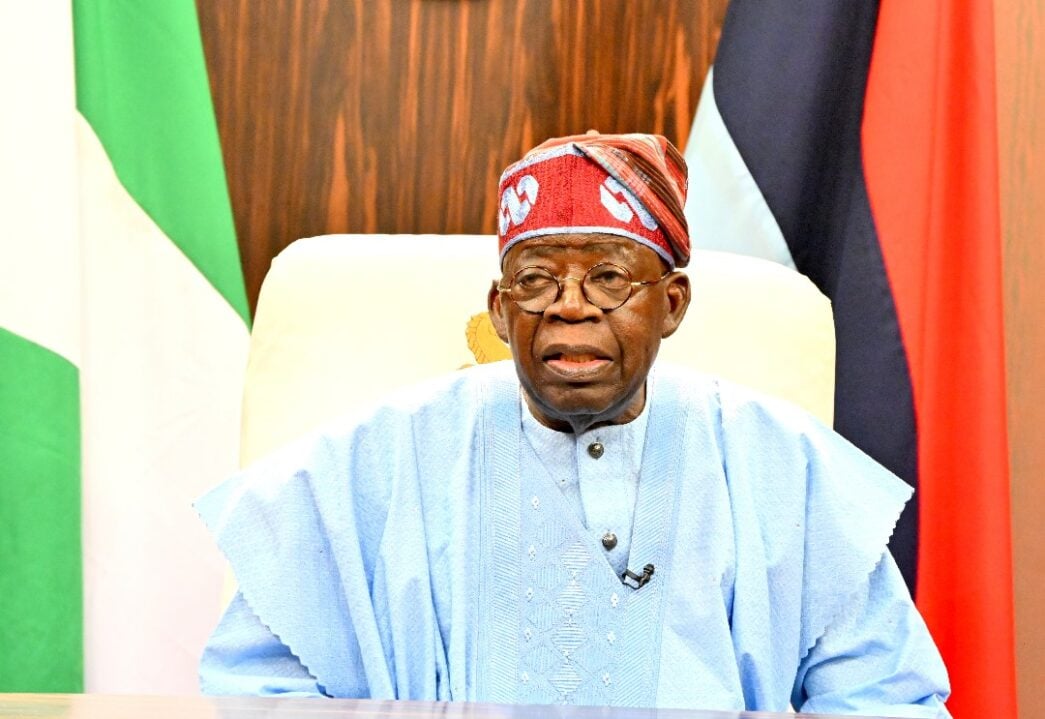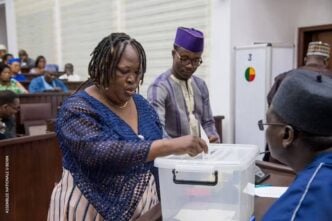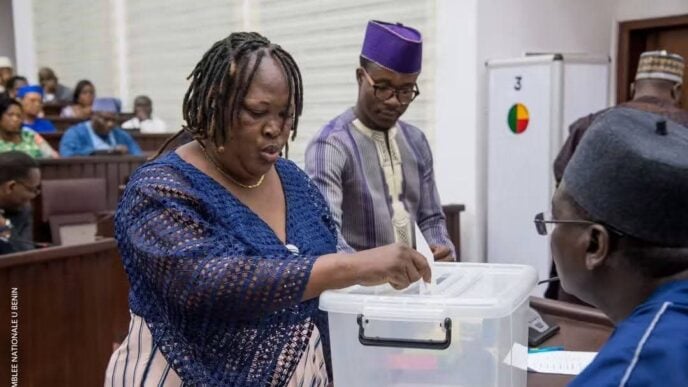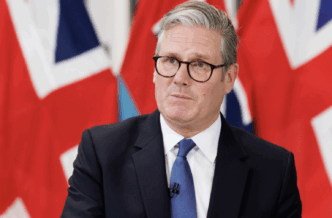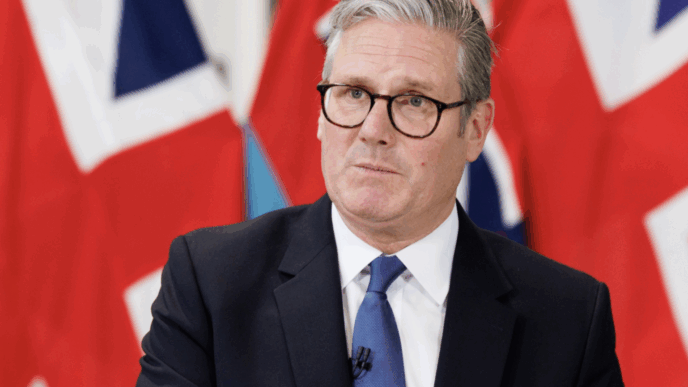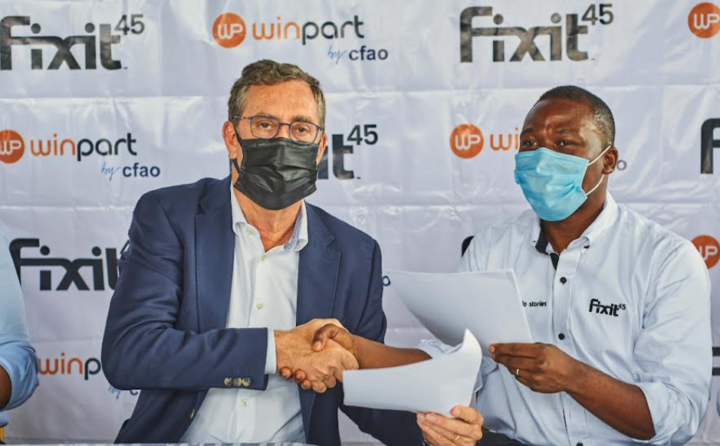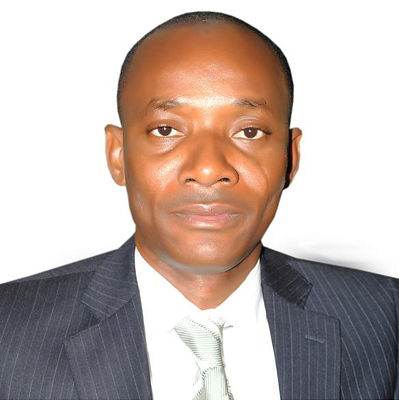Standard and Poor’s (S&P), the international rating agency, has revised Nigeria’s outlook to positive from stable.
The rating agency revised the outlook in a statement on Thursday.
“On Nov. 14, 2025, S&P Global Ratings revised its outlook on Nigeria to positive from stable,” S&P said.
The organisation also affirmed Nigeria with ‘B-/B’ long- and short-term foreign and local currency sovereign credit ratings.
Advertisement
“We also affirmed our ‘ngBBB+/ngA-2’ long- and short-term Nigeria national scale ratings on the sovereign. The outlook is positive,” S&P said.
According to the agency, the positive outlook reflects improving external, economic, fiscal, and monetary results.
“Despite low GDP per capita, a weak, albeit improving, fiscal revenue base, high debt servicing costs as a percentage of revenues, and challenges in compiling national statistics, we think authorities are taking steps to improve the economy’s growth prospects, and macroeconomic resilience,” S&P said.
Advertisement
The agency said it could revise the outlook to stable if risks to Nigeria’s reform programme implementation increases or if capacity to repay commercial obligations weakens.
“This could arise, for instance, from higher fiscal deficits or debt-servicing needs, or because domestic financial markets are unwilling to absorb additional local currency debt. Confidence-sensitive capital outflows could also pose downside risks,” S&P said.
Also, the rating firm said it could raise “our ratings over the next 12 months if Nigeria’s economic performance continues to exceed our forecasts, alongside more entrenched fiscal and external gains”.
‘RATIONALE BEHIND REVIEW’
Advertisement
S&P said broad-based structural indicators are beginning to improve following reform momentum that has been maintained since mid-2023.
“The reforms were initiated in mid-2023 following the election of President Bola Tinubu’s administration,” the agency said.
Since then, the rating firm said a broad reform push, ranging from exchange rate liberalisation and major fiscal consolidation measures to higher oil production and the launch of the Dangote refinery, has been implemented.
The agency said the steps have collectively moved Nigeria’s external, fiscal, economic, and monetary indicators onto a more positive trajectory.
Advertisement
Despite persisting risks, S&P said Nigeria’s outlook is improving, with faster expected growth (3.7 percent in 2025–2028) driven by higher oil production and better private-sector confidence, while inflation is projected to decline toward 13 percent by 2028.
The agency said Nigeria’s external and fiscal positions are expected to strengthen through higher reserves, improved tax administration reforms to be implemented by 2026, and increased oil production.
Advertisement
S&P said these should support better revenue, contain debt levels, and reduce debt-service pressure, noting that election-related spending may rise temporarily.
Furthermore, S&P said greater confidence in the naira and FX market reforms have boosted remittances and external funding, supporting reserves.
Advertisement
However, the rating firm said large foreign holdings of domestic debt pose a risk of volatile portfolio outflows, and geopolitical or election-related uncertainties could disrupt stability.
Structural weaknesses, S&P said, including low GDP per capita, high poverty, inflation pressures, low fiscal revenue, and weak data quality, continue to constrain Nigeria’s economic resilience.
Advertisement
The agency added that lower assumed oil prices will further weigh on fiscal and external performance.
